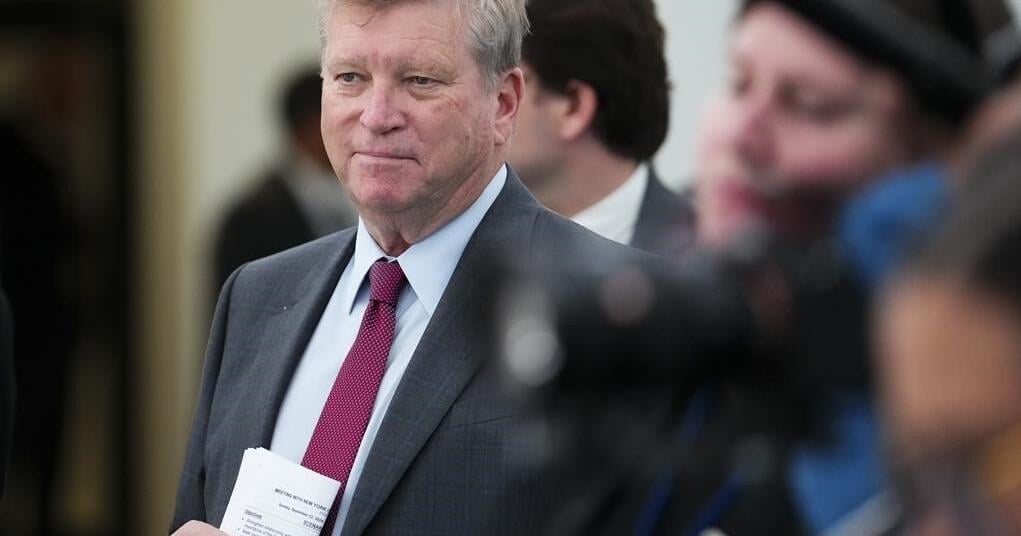Max Valiquette must love a challenge. The 50-year-old marketer and branding expert, who founded a youth-oriented market research company called Youthography, just joined Justin Trudeau’s office as his new executive director of communications. His job? Turn around the party’s increasingly desperate situation with younger voters.
The scale of that challenge was laid bare — again — in a recent poll from Abacus Data that had the Trudeau Liberals a staggering 19 points behind Pierre Poilievre’s Conservative Party of Canada. As Bruce Anderson, veteran pollster and former Abacus Data chair, said: “I don’t know that I’ve seen more challenging numbers for an incumbent in Canada since 1993.”
Some of this, to be sure, is a reflection of the broader global environment. David Coletto, chair of Abacus, describes this as “inflationitis,” a disease that has already felled the New Zealand Labour Party and threatens the reigns of the Tory government in the U.K. and even François Legault’s CAQ in Quebec. Periods of rising inflation are rarely good for incumbent governments. That’s especially true when they’ve been in power as long as Trudeau’s Liberals.
But there’s also something else going on here that’s unique to Canada. The Abacus poll has the Liberals trailing Poilievre’s CPC by 21 points among voters 30 to 44 years old, and 12 points behind voters aged 18 to 29. For a party whose surge to power in 2015 was animated by enthusiastic younger voters, this is a stunning turn of events. Ironically, the Trudeau Liberals are now most popular among baby boomers and older Canadians.
Believe it or not, it actually gets worse for Trudeau’s team. When asked who they trusted more to make childcare more affordable, respondents put the Liberals two points behind the CPC — and this is after a landmark childcare deal already reducing costs for parents by hundreds and even thousands of dollars a month. When asked who they trusted to take action to deal with climate change, the party that has invested so much time and political treasure on that file is only three points ahead of Poilievre and his “What, me worry?” approach to climate change.
























